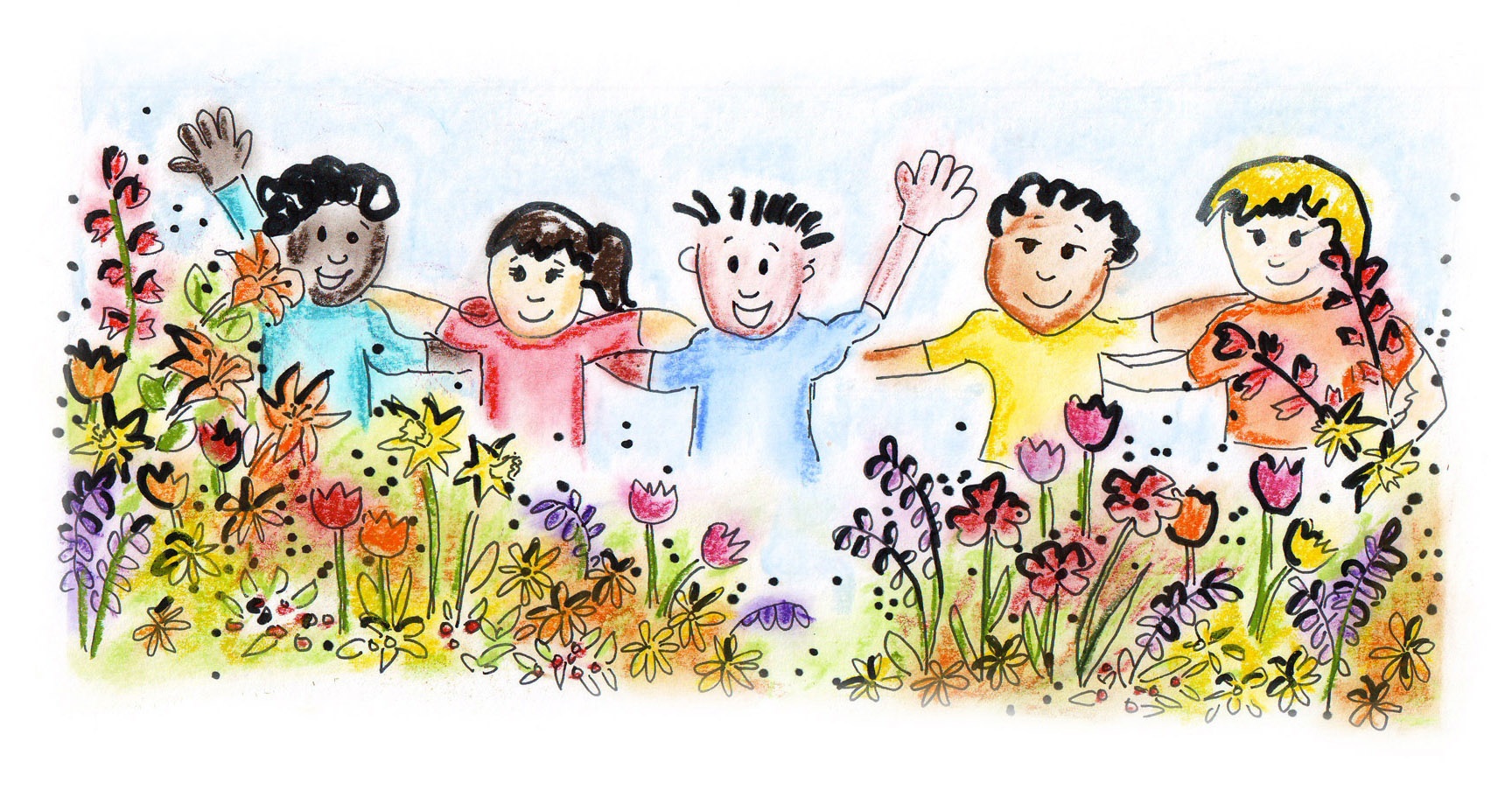Paris Talks Revisited: Beauty and Harmony in Diversity
I wonder how ‘Abdu’l-Bahá’s talk on the 28th of October 1911 stood in contrast with the widespread and generally accepted nationalistic and racist ideas of the time. While we have made progress since then in letting go such ideas, the ways in which different forms of exclusion and a pre-occupation with “sameness” continue to subtly form part of our daily actions attest to the continuous need for a reminder that this is not part of our natural spiritual make-up.
Even though man is the sum of Creation, we can and must learn from nature where examples of unity and harmony and not war, hatred and animosity are to be found. He explains this idea by referring to the harmony found in music and to the beauty and diversity of a garden:
The garden which is pleasing to the eye and which makes the heart glad, is the garden in which are growing side by side the flowers of every hue, form and perfume, and the joyous contrast of colour is what makes for charm and beauty… It is just the diversity and variety that constitutes its charm; each flower, each tree, each fruit, beside being beautiful in itself, brings out by contrast the qualities of the others, and shows to advantage the special loveliness of each and all.
Thus should it be among the children of men! The diversity in the human family should be the cause of love and harmony, as it is in music where many different notes blend together in the making of a perfect chord.
‘Abdu’l-Bahá gives two practical guidelines for contributing to this beauty and harmony:
(1) To remember the truth of our God-given unity found within diversity and to remind ourselves of these metaphors when meeting those we may mistakenly identify as “others”:
If you meet those of different race and colour from yourself, do not mistrust them and withdraw yourself into your shell of conventionality, but rather be glad and show them kindness. Think of them as different coloured roses growing in the beautiful garden of humanity, and rejoice being among them.
(2) To strive to contribute to the unity of the world, to “leave all thought of self” and “as we work, so will strength be given to us.”
It seems then, despite the seemingly difficult task ahead, that we must not despair nor perceive ourselves as being incapable. ‘Abdu’l-Bahá’s talk reminds us that unity and harmony is natural, a ‘given’; we just need to recognize this truth and contribute to maintaining and further beautifying the garden and playing and listening to the music. It is a beautiful and promising endeavor.



great illustration!
keep the messages coming. . . the more the merrier in the holiday season!! thanks for the brilliant efforts so far. . . the best is yet to come!!